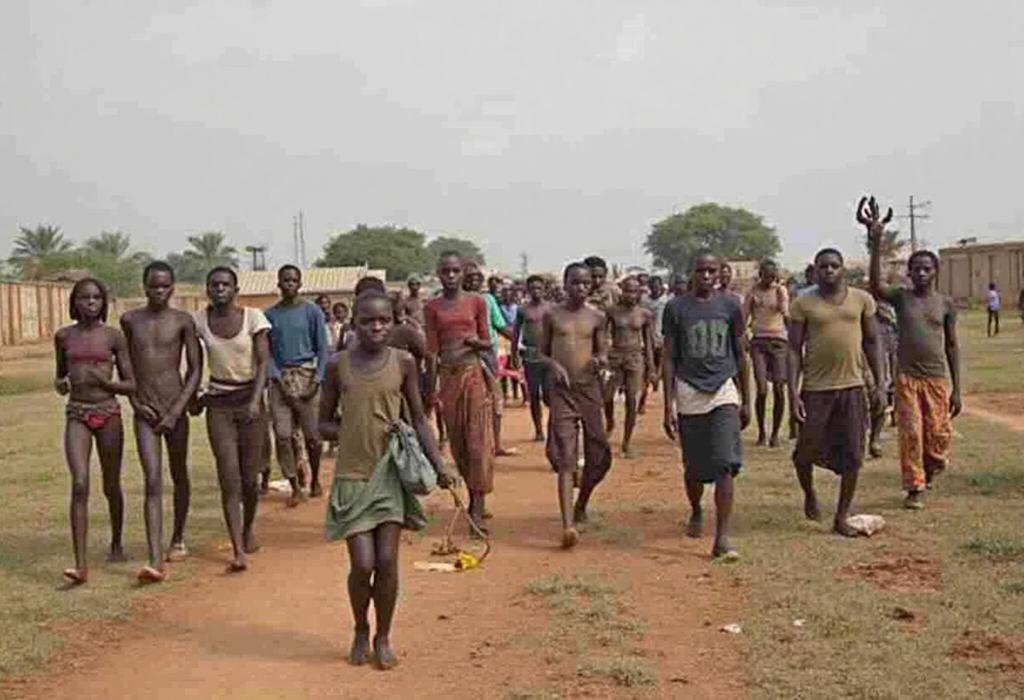The situation in Sudan after two years of civil war paints a grim picture of wide-scale humanitarian disaster as described by numerous NGOs and UN officials. The fighting between the national army and the Rapid Support Forces (RSF) has escalated into what is being labeled the world's largest humanitarian crisis. Reports indicate that famine conditions have been declared in several regions, while millions face acute malnutrition. The conflict has led to an alarming death toll, compounded by the effects of disease and starvation. Over 12 million individuals have been forced to vacate their homes amid relentless violence and instability.
One of the most pressing issues raised is the limited media coverage of this crisis, which has overshadowed the voices of those directly affected by it. The stark division of the country, with the eastern and central regions controlled by the army and the western and southern regions under RSF control, only adds complexity to the conflict. Both warring factions face accusations of egregious human rights violations, which include extrajudicial killings and using famine as a weapon against civilians.
Apart from physical violence, the crisis has triggered widespread displacement, with people like Zeinab and Montasser sharing their harrowing stories about the loss of loved ones and the traumatic impact of being uprooted from their homes. Their accounts, along with those from others like Musa and Yasser, highlight the profound emotional scars and the longing for a semblance of normalcy amidst the chaos.
The international community is taking steps to address this ongoing crisis, evident in a conference hosted by high-level officials from countries like the UK, Germany, France, and the US, aimed at curbing the violence and providing humanitarian aid. However, the absence of Sudanese representation at this crucial meeting draws attention to the underlying challenges and the need for an inclusive dialogue in the pursuit of peace.
While pledges of substantial aid from foreign nations signal an intent to alleviate the suffering, the urgency for immediate action cannot be overstated. The escalation of human suffering—with reports of rampant sexual violence and the looming threat of regional instability—necessitates a concerted global response to prevent further deterioration of this already tragic situation. This narrative demands not just awareness, but action from international powers who have historically influenced the region’s trajectory.
AD
AD
AD
AD
Bias Analysis
Bias Score:
40/100
Neutral
Biased
This news has been analyzed from 19 different sources.
Bias Assessment: The reporting comes from a perspective that emphasizes humanitarian suffering and critiques international indifference, which is appropriate given the nature of the crisis. However, the tone may imply a subtle bias against the Sudanese military while portraying the RSF's actions in an extremely negative light, arguably oversimplifying a highly complex power struggle. Therefore, while it adheres to factual reporting, it suggests a narrative that prioritizes victimhood and international accountability, potentially biasing readers' perspectives regarding the nuances of the conflict.
Key Questions About This Article




